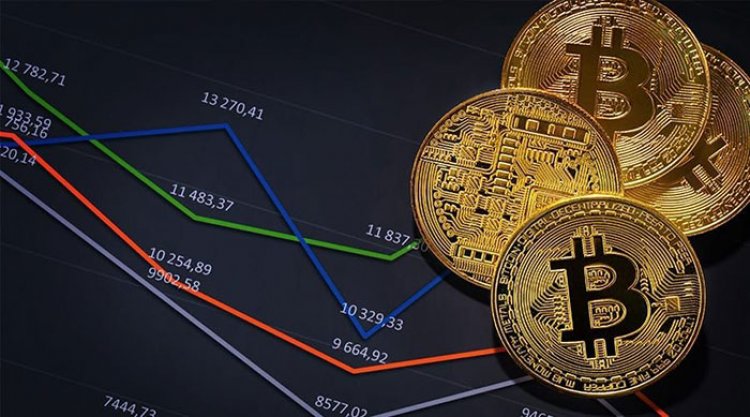Crypto Market in Downturn: Mt. Gox Transfer, Slowing Investments, and Rising Rates Cited as Triggers
The cryptocurrency market is experiencing a significant downturn, with major coins like Bitcoin and Ethereum facing substantial price drops.

The cryptocurrency market is experiencing a significant downturn, with major coins like Bitcoin and Ethereum facing substantial price drops. Several factors are believed to be contributing to this crash.
One major concern is the recent transfer of a large amount of Bitcoin from the defunct exchange Mt. Gox. This has raised fears among investors that these coins might be sold on the open market, flooding the supply and driving prices down.
Another factor is the slowdown in investments entering Bitcoin exchange-traded funds (ETFs). These funds allow traditional investors to gain exposure to cryptocurrencies without directly owning them. The declining interest in these ETFs suggests a cautious approach from institutional investors, further dampening market confidence.
Furthermore, the global rise in interest rates is putting downward pressure on cryptocurrencies. As central banks raise rates to combat inflation, riskier assets like crypto become less attractive compared to safer investment options.
High inflation itself also plays a role. When inflation is high, investors tend to seek more stable holdings to protect their purchasing power. Cryptocurrencies, with their historically volatile nature, become less appealing in such an environment.
The recent collapse of the Terra-UST stablecoin and liquidity concerns surrounding Celsius, a major crypto lending platform, have also shaken investor confidence. These events have highlighted the risks associated with the crypto market, leading to a general pullback from investors.
The combined effect of these factors has created a negative sentiment in the crypto market, resulting in a significant decline in cryptocurrency prices. It's important to remember that the crypto market is still young and inherently volatile. These crashes and surges are not uncommon, but they do highlight the need for careful consideration by potential investors.





















